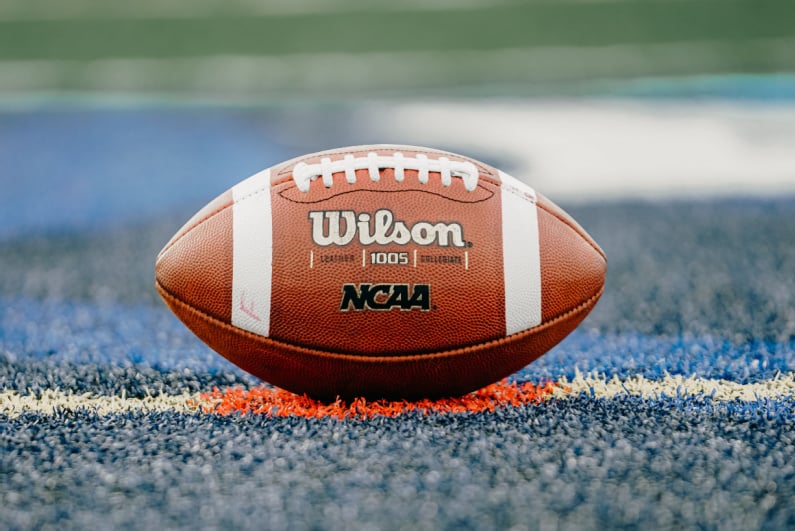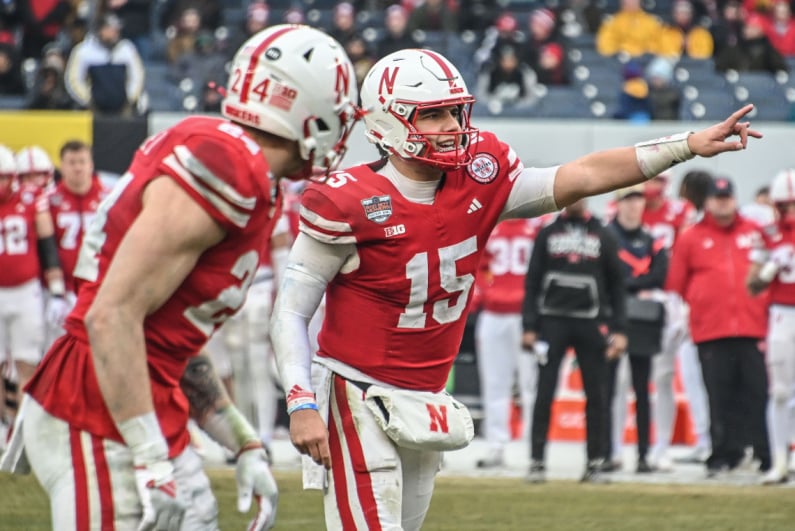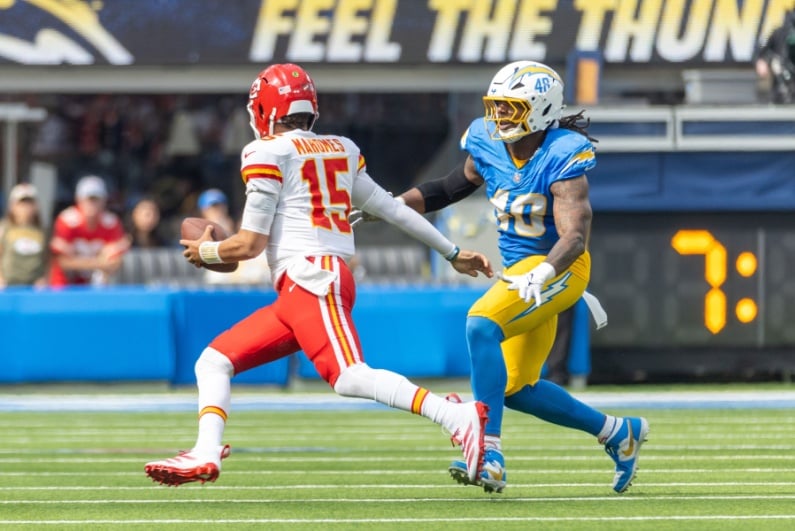A rise in betting-related issues
A new NCAA survey looks into the effectiveness of betting-related education for athletes and staff on campuses all across the US. The college sports organization released its findings on Wednesday after speaking with campus compliance directors at every Division I, II, and III member school in July and August.
27% of the schools had a sports betting-related issue involving either staff or athletes
One of the key findings was that 27% of the schools had a sports betting-related issue involving either staff or athletes over the past 12 months. This represents a significant increase from the same survey question in 2019. A similar number of directors were aware of an athlete being on the receiving end of harassment from a gambler either online or in person.
Over 95% of people involved in college sports at Division I schools are receiving some type of betting education, as well as at the majority of lower-tier schools. The topics up for discussion include the NCAA bylaws, the passing of insider information, state laws, and addiction.
A need for more support
Many of the compliance administrators want to get more wagering resources from the NCAA. Staff are currently working on new educational modules that will be available in the coming weeks.
Some of the concerns highlighted in the survey responses included the ability for people to easily hide their betting behavior by using other peoples’ betting accounts and the difficulty in providing engaging and varied education to continue to capture the attention of coaches and students.
A rallying cry
NCAA President Charlie Baker wanted this survey so the organization could analyze sports betting trends in colleges and see what types of education athletes and staff are getting. He spoke about how “Student-athletes are getting harassed by bettors, and billion-dollar ad campaigns are targeting young people across the country.”
Baker believes that sportsbooks and regulators also need to do their part to protect these people and the integrity of games. The intention is to take the results from the survey and turn them into tools that will help schools to better deliver wagering-related information.




